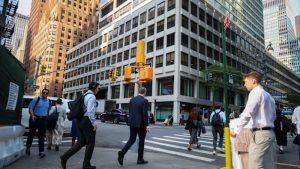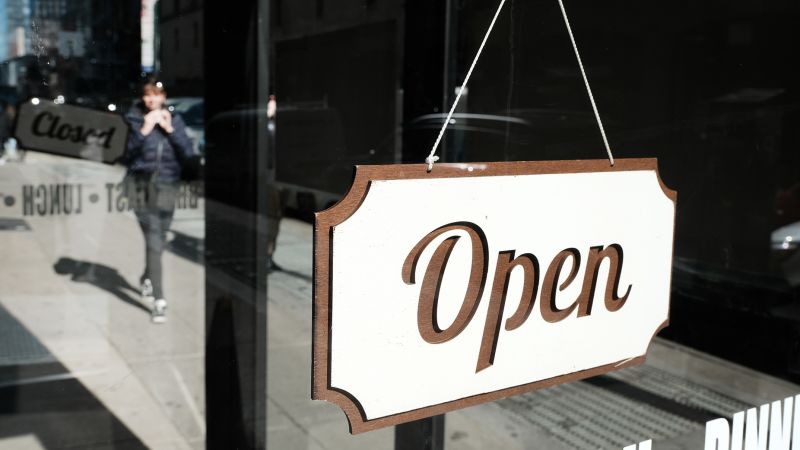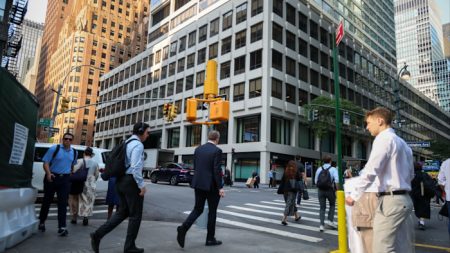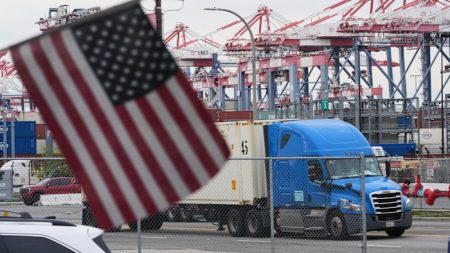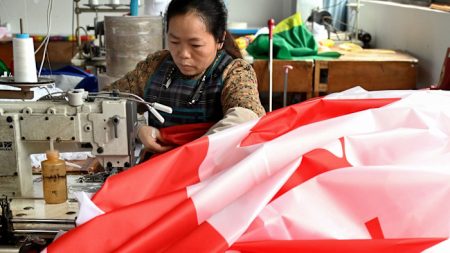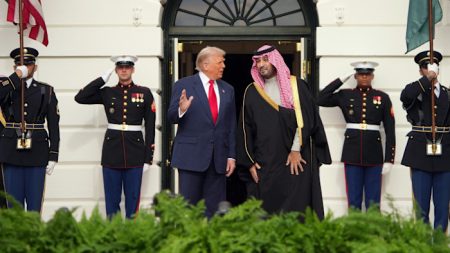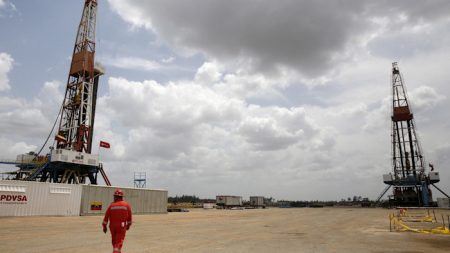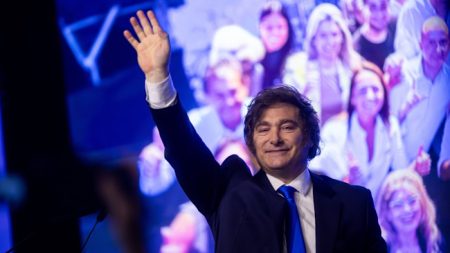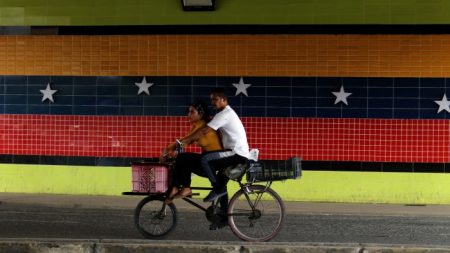American businesses are expected to fare better in the coming months, according to a survey of economists and analysts released Monday.
Inflation’s steady slowdown this year has boosted Americans’ confidence in the economy. It has also improved the odds of the Federal Reserve pulling off a so-called soft landing, or a scenario in which inflation returns to the central bank’s 2% target without pushing the economy off a cliff.
Americans haven’t felt this optimistic since September 2021, according to the University of Michigan’s latest Surveys of Consumers. US businesses have also grown more optimistic as hiring has become slightly easier and prices at the wholesale level have slowed.
A survey from the National Association for Business Economics released Monday showed that businesses have rejoiced in better economic conditions.
“Results of the July 2023 NABE Business Conditions Survey reflect an economy of rising sales and profits, as material costs decline and stabilizing wages prove less challenging,” said NABE president Julia Coronado in a release.
The latest survey showed that the percentage of respondents reporting rising sales continued to outpace the share reporting falling sales, with the index edging up to 33 from 30 over the past three months.
Meanwhile, a majority of respondents reported that wages at their firms were unchanged — the first time more economists reported no wage gains than rising wages since 2021.
And the net share of respondents reporting better profit margins rose to 0, which was “the first non-negative result after four consecutive surveys.”
The newfound optimism reflected in a number of sentiment surveys comes amid slowing inflation and a resilient job market.
The Consumer Price Index rose 3% in June, a much slower pace than the four-decade high of 9.1% in June 2022. Employers added a robust 209,000 jobs last month, while the unemployment rate remained below 4%.
So far so good for the Fed, which has been battling to bring down inflation. The Fed doesn’t necessarily need a recession to do that, but some research suggests the labor market must cool further.
Some Fed officials are confident about the possibility of a soft landing.
“I feel like we are on a golden path of avoiding recession,” Chicago Fed President Austan Goolsbee said earlier this month.
In light of inflation’s cooldown and the economy’s resilience, some now expect a recession to arrive later than expected, including Bank of America CEO Brian Moynihan.
Businesses are optimistic about lower prices at the factory gate and the continued improvement of supply chains.
“A contact in the furniture industry reported that prices may decrease in the future after recouping previous losses from excess freight costs,” according to the Fed’s latest Beige Book, a periodic compilation of survey responses from businesses around the country.
Annual producer price inflation reached its lowest level since August 2020 last month, rising by just 0.1% for the 12 months ended in June. While that measure doesn’t directly correlate with the Consumer Price Index, it does indicate some easing of pressure on businesses, which should eventually bode well for consumers.
The Beige Book also has examples of hiring getting easier, and data from the Bureau of Labor Statistics has shown the job market has cooled slightly — although securing talent remains a vexing problem.
The National Federation of Independent Business’s latest survey showed that 42% of small firms surveyed said they had job openings that were hard to fill, down from the previous month’s share, but remaining at a historically high level. More than 90% of small-business owners said they had few or no qualified applicants for their available jobs.
The labor market is closely watched by Fed officials since higher labor costs feed into inflation.
The Fed begins its two-day policy meeting Tuesday and is expected to announce a quarter-point rate hike Wednesday over fears that inflation is not yet on a solid path to the 2% target.
Read the full article here


